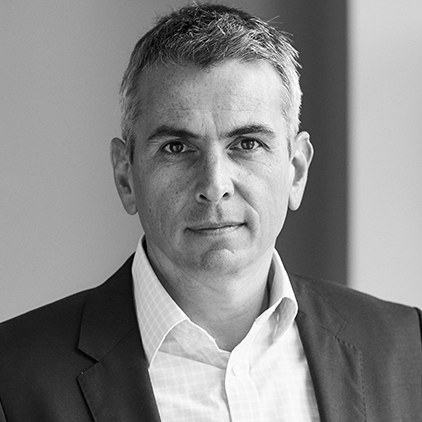-
Insight Bite
CLEAR, EXPERT, INFORMED SECTOR FOCUSED NEWS.


MATTHEW BYATT
Managing Partner
Amidst the innovation battleground of the semiconductor industry, Munich is becoming a key stronghold.
Apple has revealed it will be boosting the Bavarian capital’s chip capabilities with a new European Silicon Design Centre. This will bring hundreds of jobs to a facility focused on researching and designing chips to run the latest smartphones, laptops, and tablets.
The world’s largest tech firm plans to move into the building in late 2022, and claims the site will be Europe’s biggest research and development site – outstripping other European locations like Arm’s Cambridge research centre. In the facility, Apple will focus on wireless connectivity research, helping the firm reduce its reliance on the likes of Qualcomm, which supplies the cellular modem chips for the iPhone that Apple plans to replace with a proprietary modem in the next few years.
In Munich, Apple’s Design Centre will join a burgeoning semiconductor scene that revolves around the Technical University of Munich (TUM). This academic institution fills a steady reservoir of tech talent, which is drawn from by several big tech firms in the area – including Adobe, Amazon, Cisco, Google, and Intel, along with carmakers BMW and Audi that are working on their own connected and autonomous mobility development.
Local semiconductor firms include Texas Instruments, which sits thirty miles north of Munich in Freising, and Apple’s partner Infineon Technologies. One of Europe’s biggest semiconductor-based technology research institutes – The Fraunhofer Microelectronics Group – also has a large presence.
Apple’s addition to the scene will further boost efforts to scale up chip production and research in the EU. In December 2020, the European Commission laid out plans to transform the bloc into a semiconductor powerhouse that will produce as much as 20% of the world’s semiconductors by 2030, and create its own advanced semiconductors to contend with those made by industry leaders like Samsung and Taiwan Semiconductor Manufacturing Co.
Matthew Byatt | Managing Partner